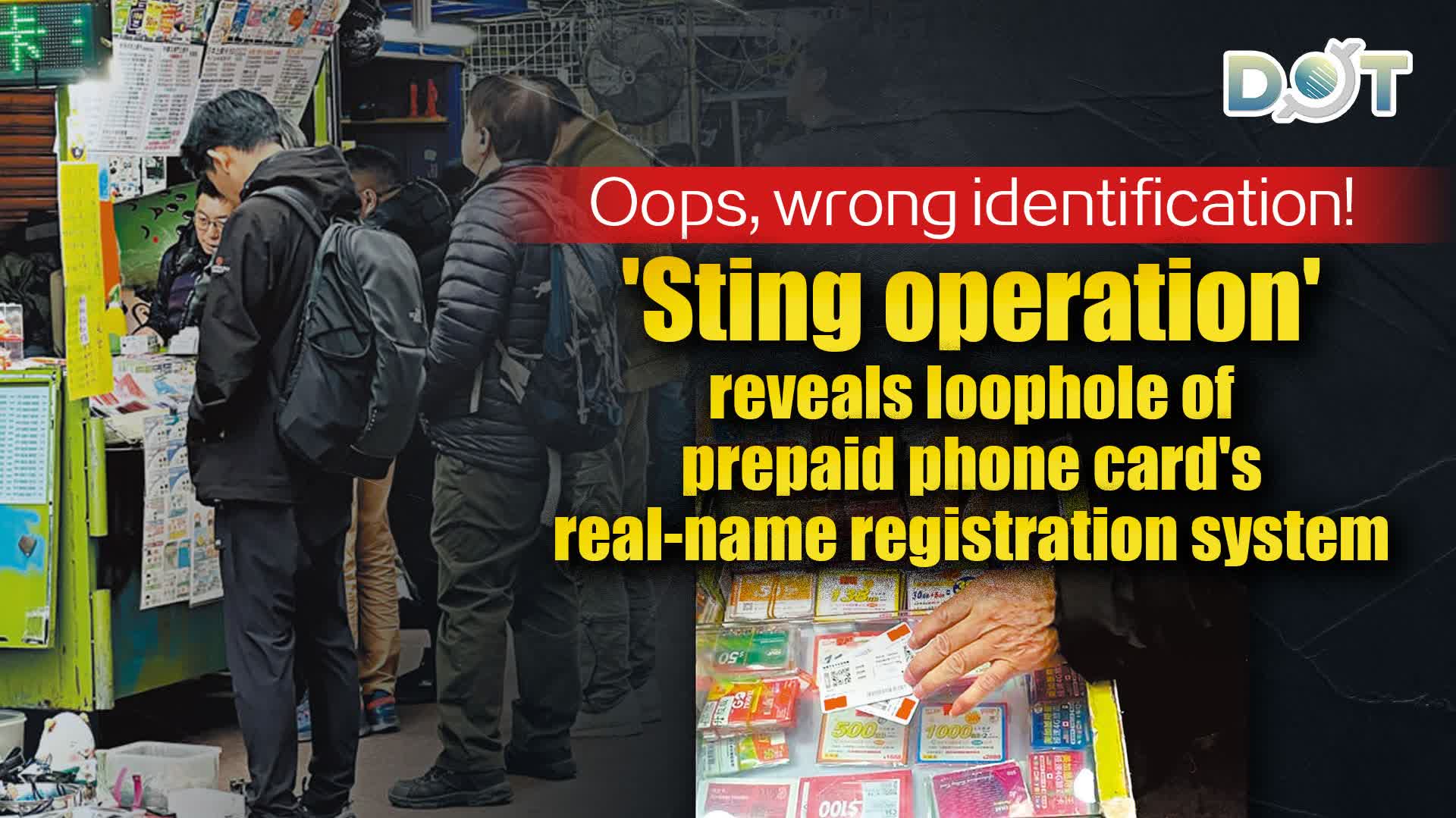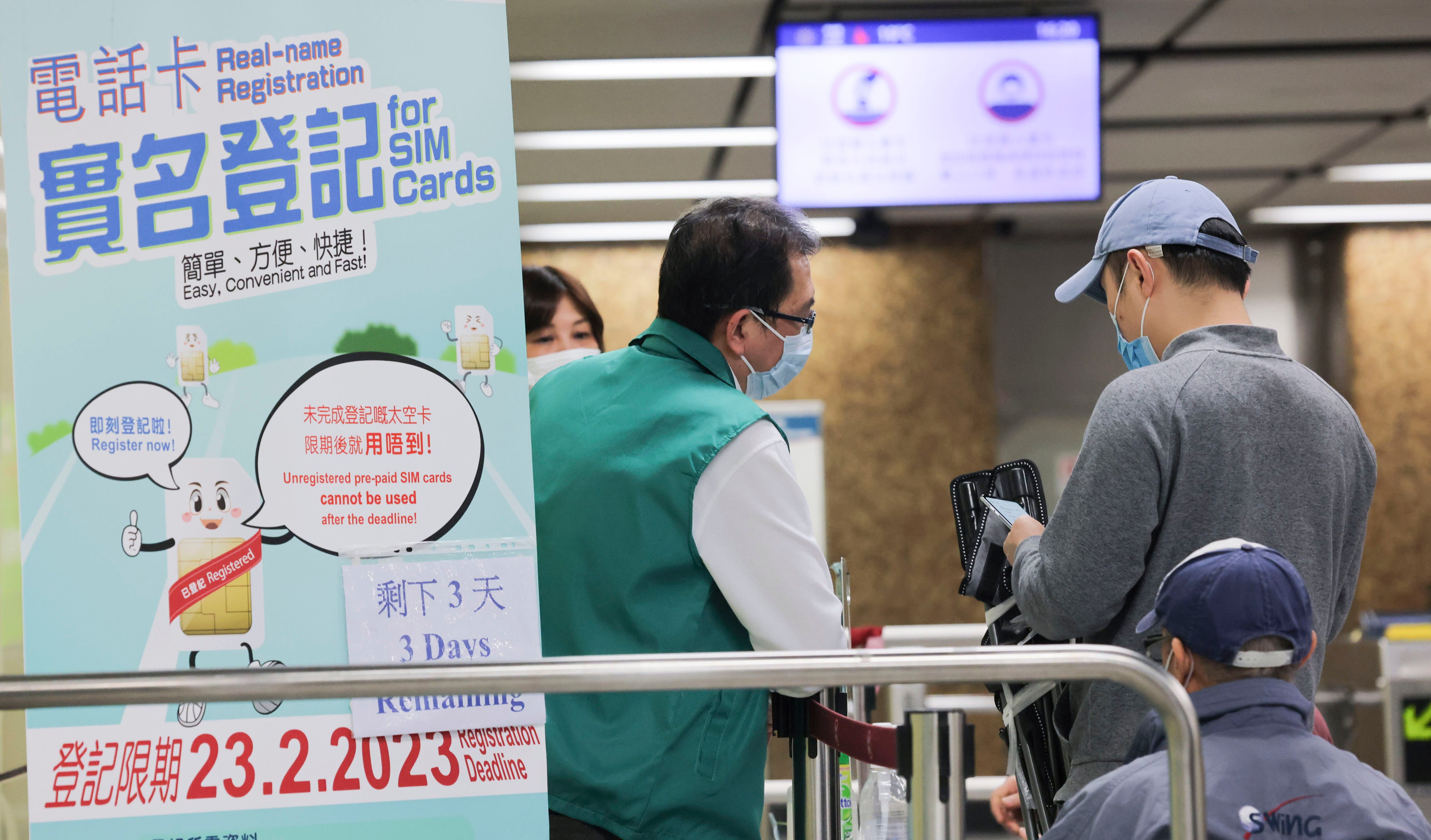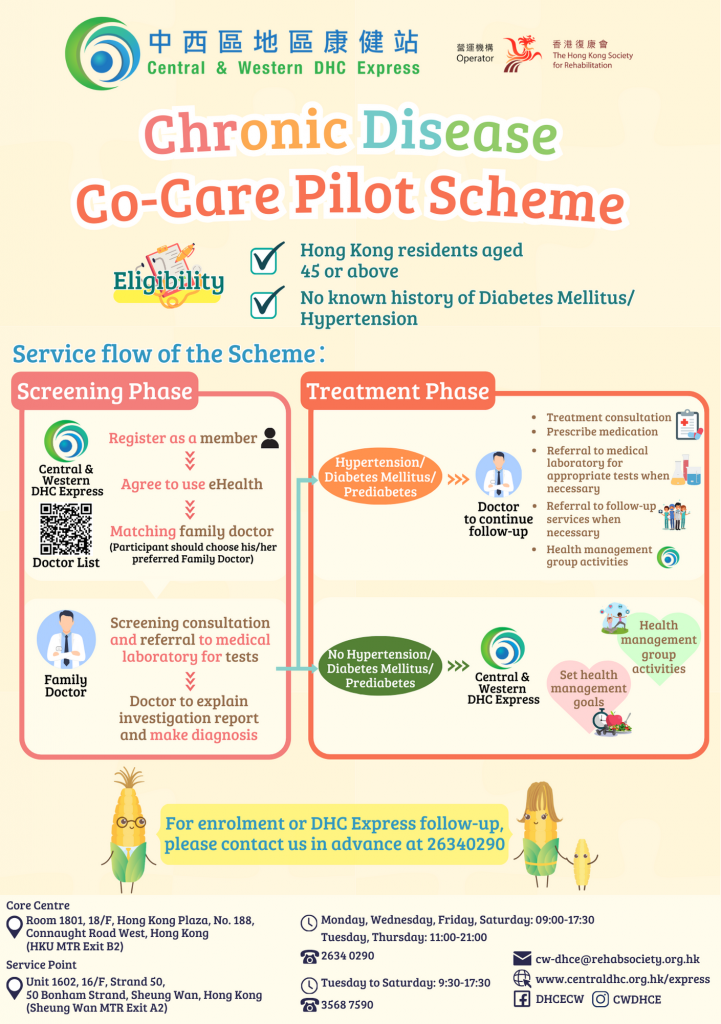Hong Kong is set to implement stricter regulations on stored-value phone cards, aiming to enhance personal information protection and prevent potential misuse. The proposed changes by the Commerce and Economic Development Bureau represent a significant shift in how telecommunications operators manage their prepaid card systems.
Under the current framework, individuals can open up to 10 stored-value cards with each of the 29 telecom operators in Hong Kong—a situation that potentially allows for 290 cards per person. The new regulations will dramatically reduce this number, limiting individuals to just three cards per operator, which would still theoretically permit up to 87 total cards across all providers.

The proposed amendments focus on three primary types of behaviors that will become illegal. First, individuals will be prohibited from providing or encouraging others to use their personal information to open phone cards. This targets scenarios where people might share or sell their identification details for card registration. Second, buying, selling, or renting phone cards registered under someone else’s name will be criminalized. Third, possessing more than 10 phone cards registered to other people without a reasonable explanation will also be considered an offense.

These regulations introduce a critical legal presumption: individuals engaging in these prohibited activities may be considered to have intentions of committing or assisting in criminal activities. This approach allows authorities to take proactive measures against potential telecommunications-related fraud or misuse.

The real-name system for phone cards has been a growing concern in Hong Kong, with regulators seeking to create more accountability and reduce opportunities for anonymous communication that could potentially facilitate illegal activities. By limiting the number of cards and criminalizing certain transfer practices, the government hopes to create a more transparent and secure telecommunications environment.

Telecom operators will need to adapt their registration processes to comply with these new rules. The requirement to verify and limit card registrations will likely involve more rigorous identity checks and tracking mechanisms. Customers will need to be more mindful of their card registrations, understanding that they can now only maintain a maximum of three cards per operator.
The proposed amendments are expected to be submitted to the Legislative Council in the coming year, signaling a serious commitment to implementing these changes. While the regulations might inconvenience some users who previously relied on multiple cards, the government’s primary focus appears to be on preventing potential misuse and protecting personal information.
For Hong Kong residents and telecommunications users, these changes represent a significant shift in how prepaid phone cards are managed. The new rules underscore a broader trend of increasing digital accountability and personal information protection in an era of complex technological interactions.
As the legislative process moves forward, telecom operators, consumers, and legal experts will likely continue to discuss the practical implications of these proposed regulations. The balance between personal convenience, privacy protection, and preventing potential misuse remains a delicate and important consideration in modern telecommunications policy.












